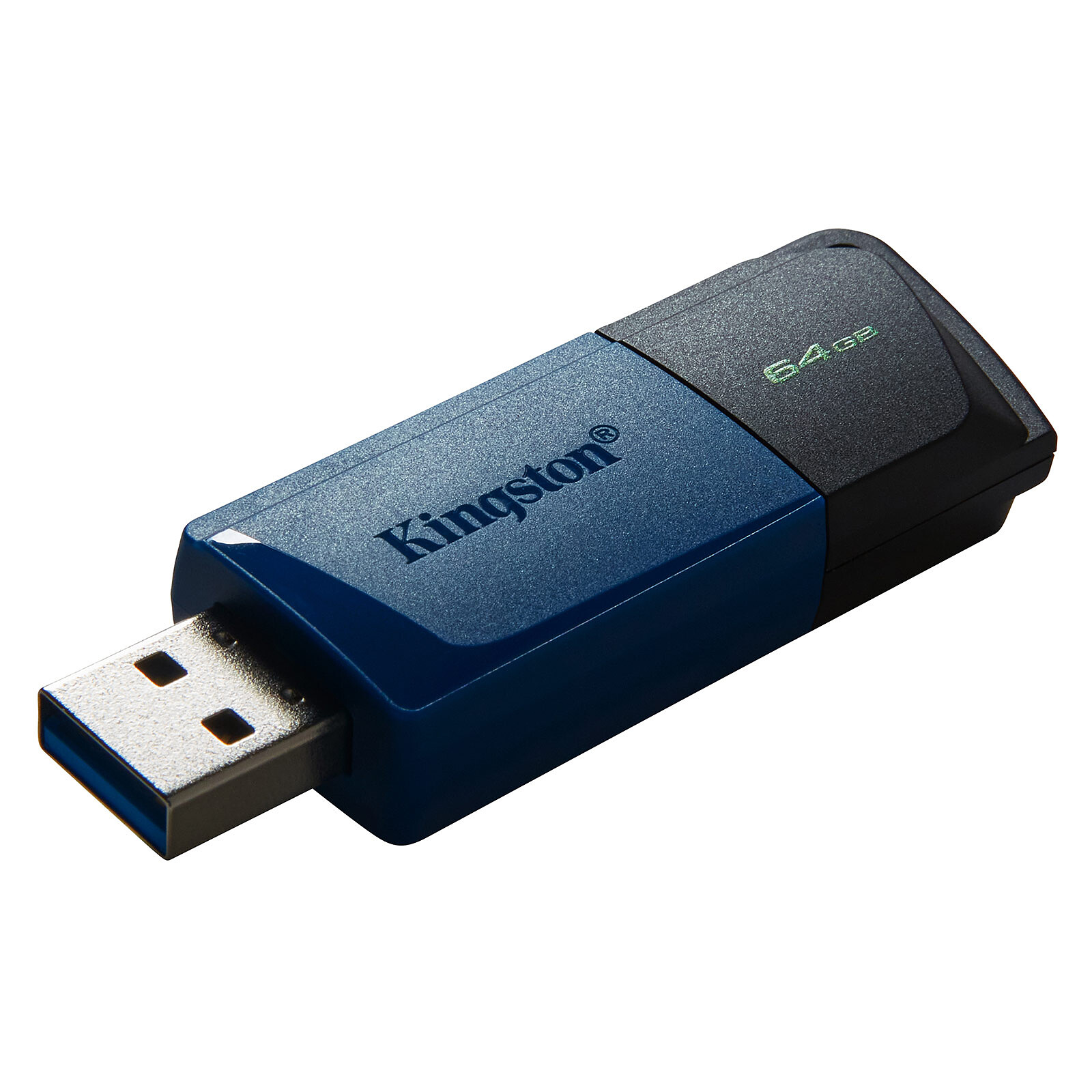Bricked dmesg:
usb_msc_auto_quirk: UQ_MSC_NO_TEST_UNIT_READY set for USB mass storage device Phison USB DISK
53X (0x13fe:0x5500)
usb_msc_auto_quirk: UQ_MSC_NO_PREVENT_ALLOW set for USB mass storage device Phison USB DISK 53
X (0x13fe:0x5500)
ugen0.15: <Phison USB DISK 53X> at usbus0
umass0 on uhub5
umass0: <Phison USB DISK 53X, class 0/0, rev 3.20/1.10, addr 17> on usbus0
umass0: SCSI over Bulk-Only; quirks = 0x8001
umass0:8:0: Attached to scbus8
da0 at umass-sim0 bus 0 scbus8 target 0 lun 0
da0: <13FE USB DISK 50X PMAP> Removable Direct Access SPC-2 SCSI device
da0: Serial Number
da0: 400.000MB/s transfers
da0: Attempt to query device size failed: NOT READY, Medium not present
da0: quirks=0x3<NO_SYNC_CACHE,NO_6_BYTE>
Non-bricked dmesg:
ugen0.15: <Kingston DataTraveler 3.0> at usbus0
umass0 on uhub5
umass0: <Kingston DataTraveler 3.0, class 0/0, rev 3.20/1.10, addr 16> on usbus0
umass0: SCSI over Bulk-Only; quirks = 0xc000
umass0:8:0: Attached to scbus8
(probe0:umass-sim0:0:0:0): REPORT LUNS. CDB: a0 00 00 00 00 00 00 00 00 10 00 00
(probe0:umass-sim0:0:0:0): CAM status: SCSI Status Error
(probe0:umass-sim0:0:0:0): SCSI status: Check Condition
(probe0:umass-sim0:0:0:0): SCSI sense: ILLEGAL REQUEST asc:20,0 (Invalid command operation cod
e)
(probe0:umass-sim0:0:0:0): Error 22, Unretryable error
da0 at umass-sim0 bus 0 scbus8 target 0 lun 0
da0: <Kingston DataTraveler 3.0 0000> Removable Direct Access SPC-4 SCSI device
da0: Serial Number E0D55E6B64641841C8300ABB
da0: 400.000MB/s transfers
da0: 59120MB (121077760 512 byte sectors)
da0: quirks=0x2<NO_6_BYTE>


